From Fall Guys to Valheim, how indie games are showing the AAA market what it takes to become mega hits
"It is a very humbling experience": The rise of the zeitgeist games, and how developers are dealing with it
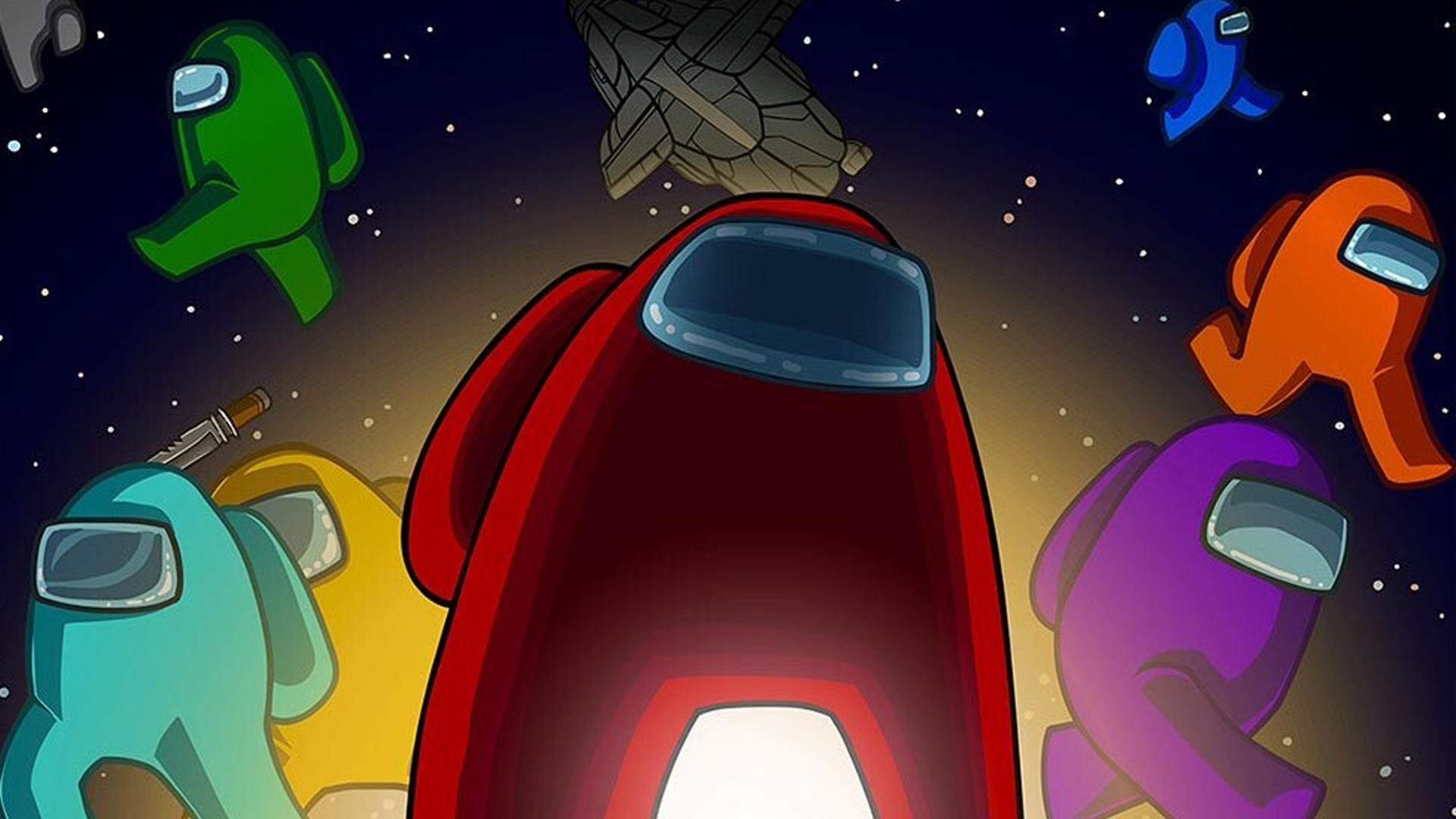
Pop quiz: How does a small, Early Access survival crafting game made by five people in Sweden comfortably eclipse the success of a million dollar, multi-studio project built around one of the biggest properties in entertainment? It's not a trick question, and certainly not a hypothetical one either. At the time of writing, Valheim has sold over five million copies since quietly launching on PC last month, placing it as the fourth most played Steam game of all time. Meanwhile, Marvel's Avengers, which released last year, was cited as a key factor in publisher Square Enix's $63 million loss in 2020, despite launching across multiple platforms amidst a hulk-sized marketing campaign.
You can find similar comparison points throughout the last year of video games, in which smaller independent titles find stratospheric success while bigger blockbusters flounder in the market. While plenty of indie games have struck gold in the past, it's rare to see a high frequency of smaller hits making waves across such a short period of time, suggesting we've entered a new era of zeitgeist games.
Of course, the current popularity of gaming in general no doubt has something to do with everybody being stuck indoors at once, but what is it about these experiences in particular that land with such impact? More pertinently, how do its developers respond to finding their small creative projects catapulted into the mainstream spotlight? "The expectations have been blown far out of the water up into the mountains," says Valheim's Iron Gate Studio co-founder Henrik Törnqvist. "It's a very humbling experience."
Hitting the big time
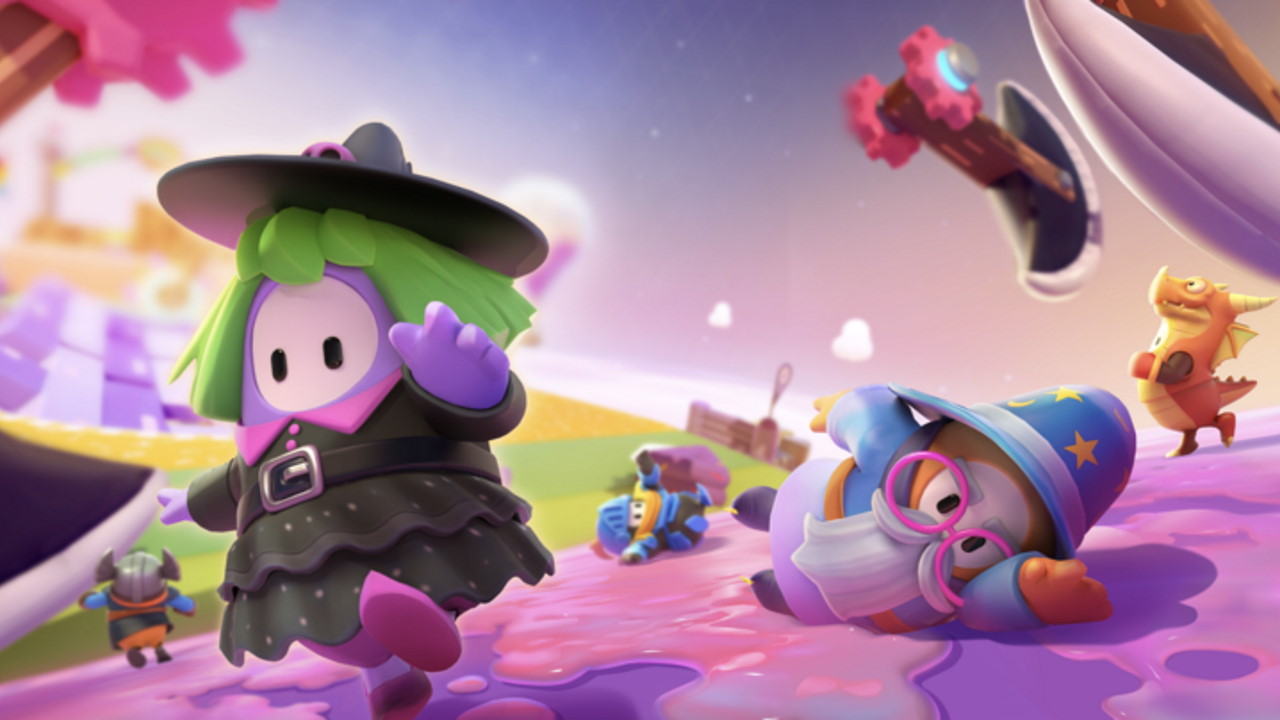
Back in the Spring of 2020, developer Mediatonic was getting ready to release its next title, a multiplayer platformer party game called Fall Guys, and excitement within the team was buzzing. "From the early days of pitching, we were confident that Fall Guys could find an audience," reveals lead game designer Joe Walsh. "We felt like an unwaveringly cheerful, approachable gameshow take on the 'battle royale' genre was something people would resonate with."
Of course, no one at Mediatonic could have anticipated where Fall Guys would end up. Reaching over 11 million sales on Steam, and becoming the most downloaded PS Plus game of all time, Fall Guys was an instant Summer hit when it launched in July of last year. Just over seven months later, and Mediatonic was acquired by Fortnite creator Epic Games, with the studio's new parent company helping "accelerate plans to improve the game and bring Fall Guys to as many players as possible, while continuing to support the community."
"The scale at which people took Fall Guys to their hearts has been a huge, huge surprise for all of us," says Walsh. "From seeing how the community reacted to the final betas – particularly on Twitch – to where we're at now, the entire project has been an absolute rollercoaster and blew our wildest expectations out of the water! Every piece of fan art, seeing community tournaments kick off, and even seeing people having Fall Guys themed birthdays has been a very pleasant surprise. It means an awful lot to us."
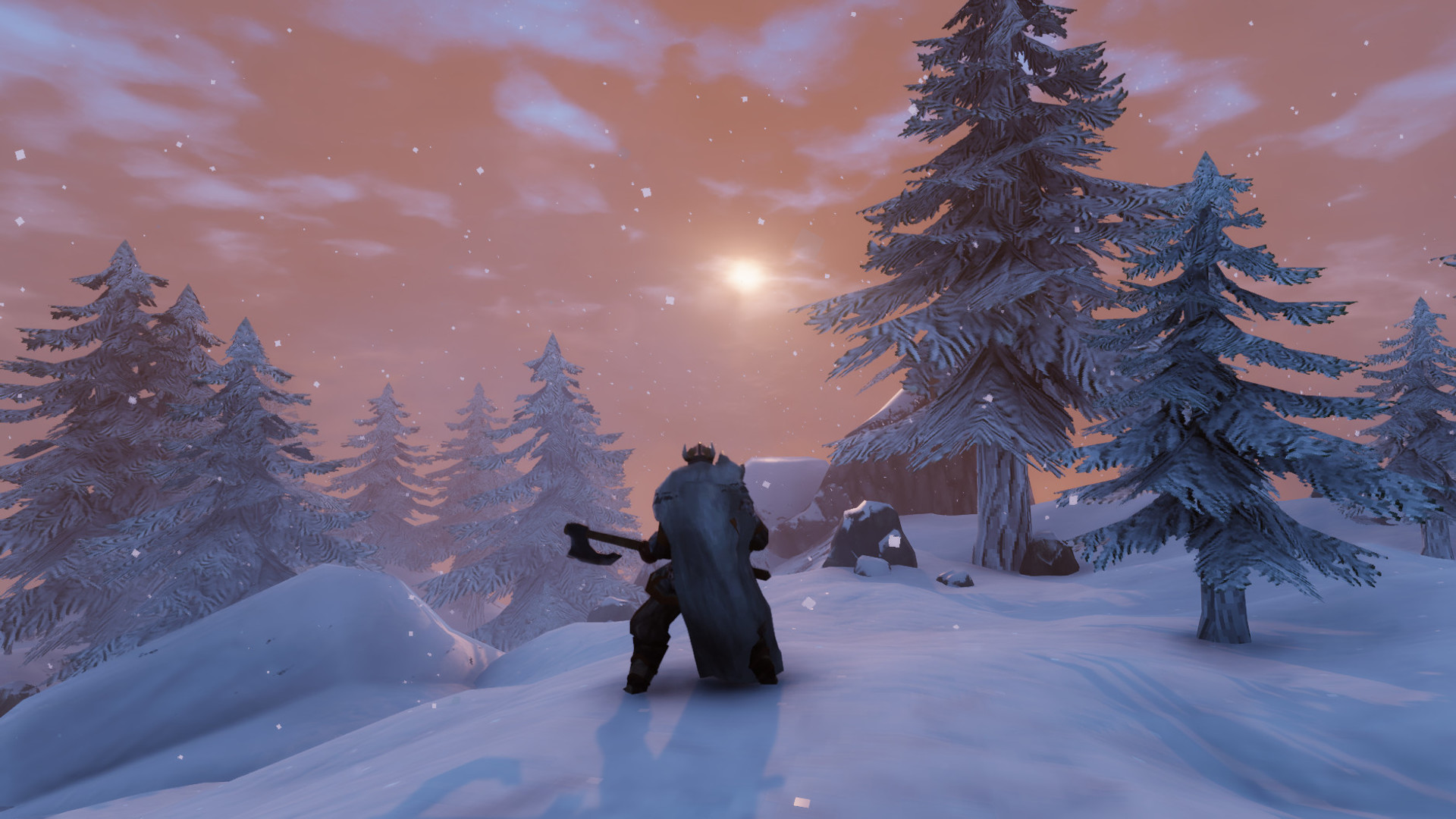
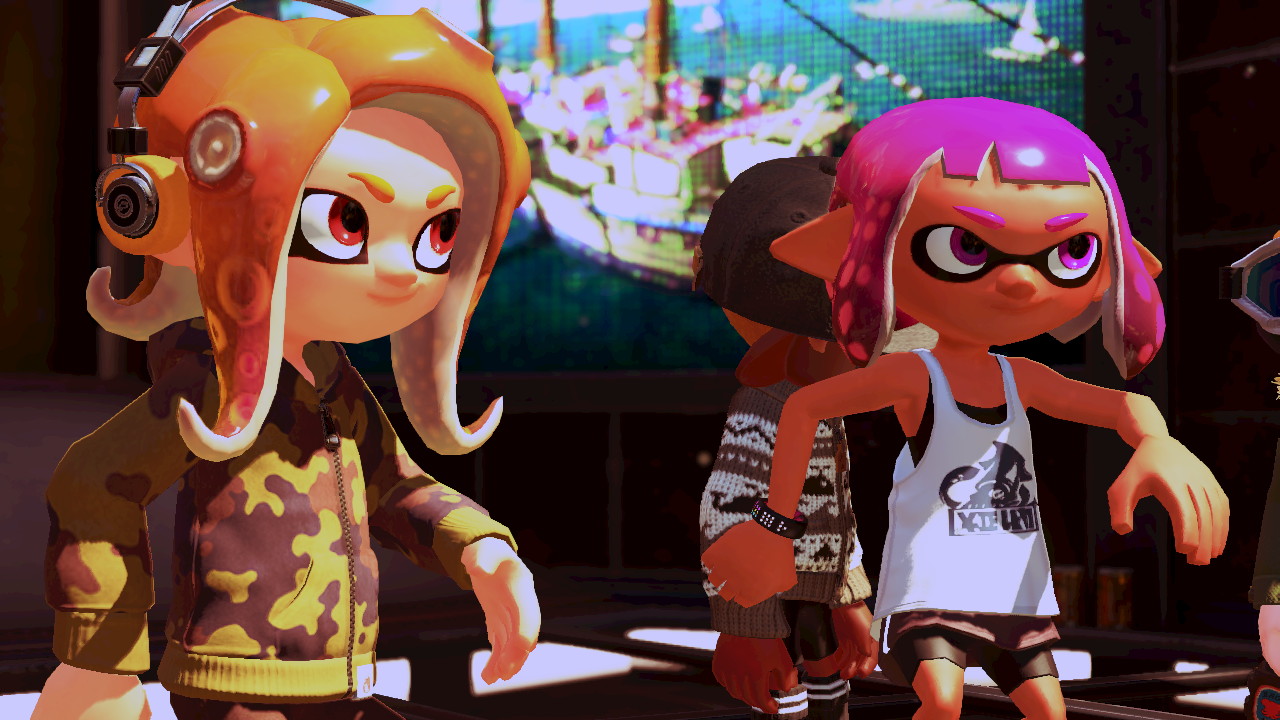
Four years on, Splatoon 2 is still the freshest shooter around
Of course, that level of success brings its own unique kind of turbulence. The more people there were playing the game, the greater the number of issues reported, and Mediatonic had to move fast in Fall Guys' initial launch period to beef up its server capacity, address a number of bugs, and keep players engaged. That meant a longer wait time before the launch of the game's second season, but Walsh believes that Mediatonic has now found a good rhythm in supporting Fall Guys "as a long-term, evolving offering for players".
Weekly digests, tales from the communities you love, and more
"We've always wanted to make sure there's a clear, open and friendly channel for feedback from players," he adds. "So a big part of adapting to Fall Guys' popularity has been figuring out the best way to listen, prioritise and action player responses. Part of that has meant scaling up our community team, so we have knowledgeable folk on-hand to interact with players on more platforms than ever before."
"That includes everything from player surveys and Twitter polls to having a new pipeline for community feedback via Discord, with a public Issue Tracker so our most committed players feel connected to what we're working on and what's in the pipeline. This has all meant we're now in a far clearer place on players' expectations when it comes to seasonal content and major updates, and we've scaled up on the dev side to make sure we can keep delivering."
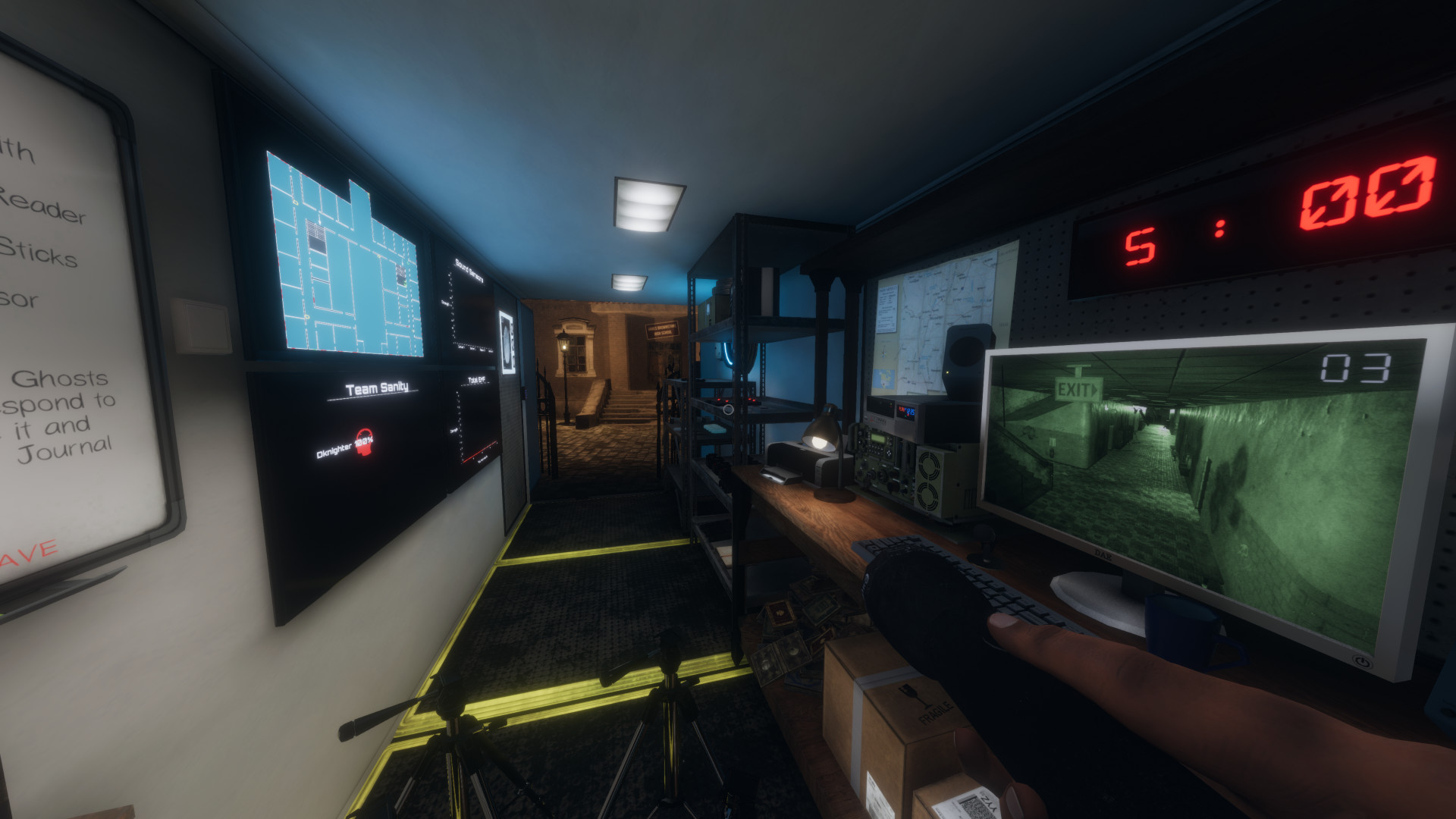
Not long after, Iron Gate Studios had to undertake a similar pivot in its post-launch agenda, shifting Valheim's roadmap to prioritise optimisation over planned content drops, following the game's seismic surge on Steam. That said, Törnqvist reveals that the team's pre-existing development culture had already laid strong foundations for adopting a fast-paced approach to feedback-informed curation.
"The plan was always to pay attention to the community," he tells me. "We've had the Valheim Discord up and running for a while now, and the game wouldn't be the same without it. That being said, the large influx of players has really made us aware of a lot of hitherto unknown bugs and issues. So right now we're focusing on fixing the worst offenders, and we won't start producing new content until we are happy with the state of the game."
Already, the studio has rolled out a number of patches into Valheim since launch, the most recent of which balanced out boss fights, stabilised server connection issues, and fixed several pressing glitches. While it may be a while before the next new boss enters the game (five of a planned nine are currently available), it seems as though players are happy to wait, enjoying the wealth of pre-existing content while Iron Gate gets the game into an optimal state.
Rags to riches
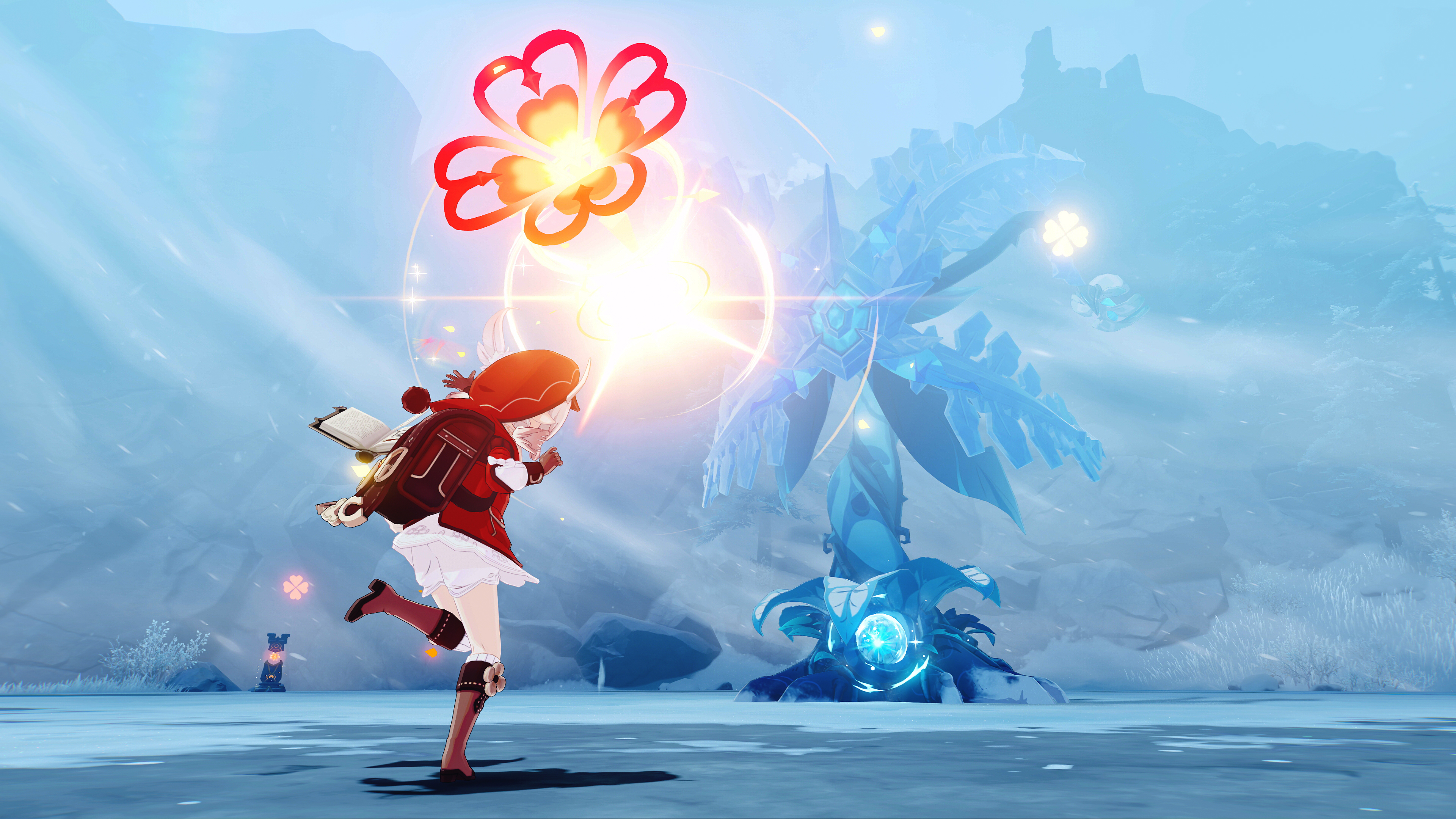
"The scale at which people took Fall Guys to their hearts has been a huge surprise for all of us."
Joe Walsh
But is there a link between smaller titles like Valheim and Fall Guys enjoying such wide appeal in recency? Törnqvist suggests the obvious, admitting that "it doesn't hurt that COVID-19 is making people hang around at home, needing entertainment", while Walsh is inclined to agree: "Particularly with the pandemic, Fall Guys offers something a bit sillier in tone and is eminently social. The stakes are lower, the physics and obstacles are ripe for shareable, hilarious moments."
The lower barrier to entry for these titles also enables wider access, making it easier and more tempting for friends and family to bring each other in and play together. Compare that to a game like Marvel's Avengers, which requires a £60/$70 investment upfront, and you can understand why such titles aren't as conducive to equally rapid and widespread onboarding.
Still, to suggest that Valheim and Fall Guys' success lies entirely at the foot of COVID-19 and an affordable price point would be to diminish their inherent qualities in and of themselves; both are exceptionally well crafted games that tap into many of the things we love about the medium. Was it also a case of releasing at the right place at the right time, and with the right price tag? Perhaps, but these games also understand their audience better than most, as evidenced by their creators' continued drive to engage with their communities, learn from their mistakes, and treat their unexpected success as merely the starting line. It's the kind of working ethos that bigger publishers would do well to learn from.
For more, check out the best Call of Duty games to play right now, or watch our full impressions of the Outriders demo below.
I'm GamesRadar's Features Writer, which makes me responsible for gracing the internet with as many of my words as possible, including reviews, previews, interviews, and more. Lucky internet!



